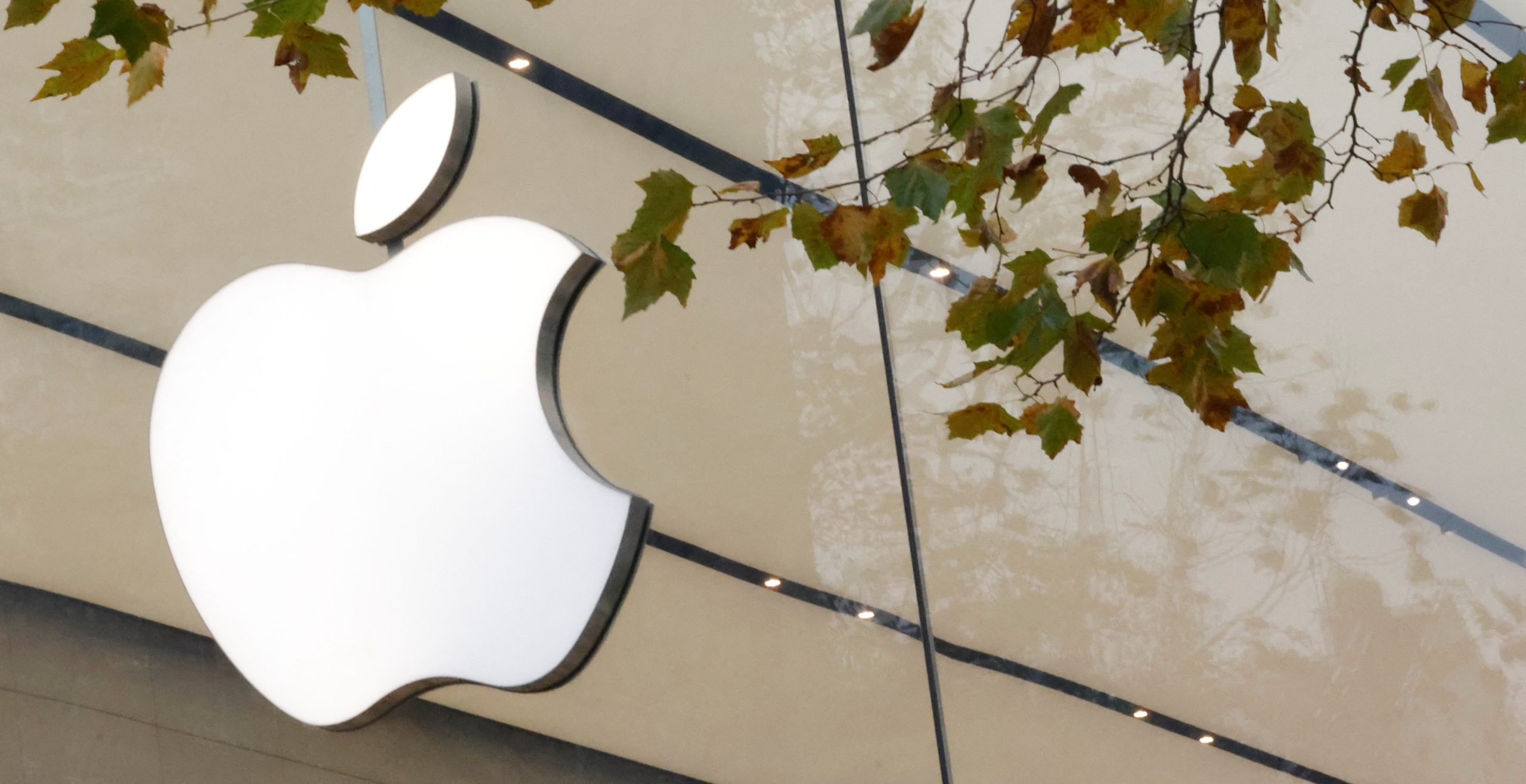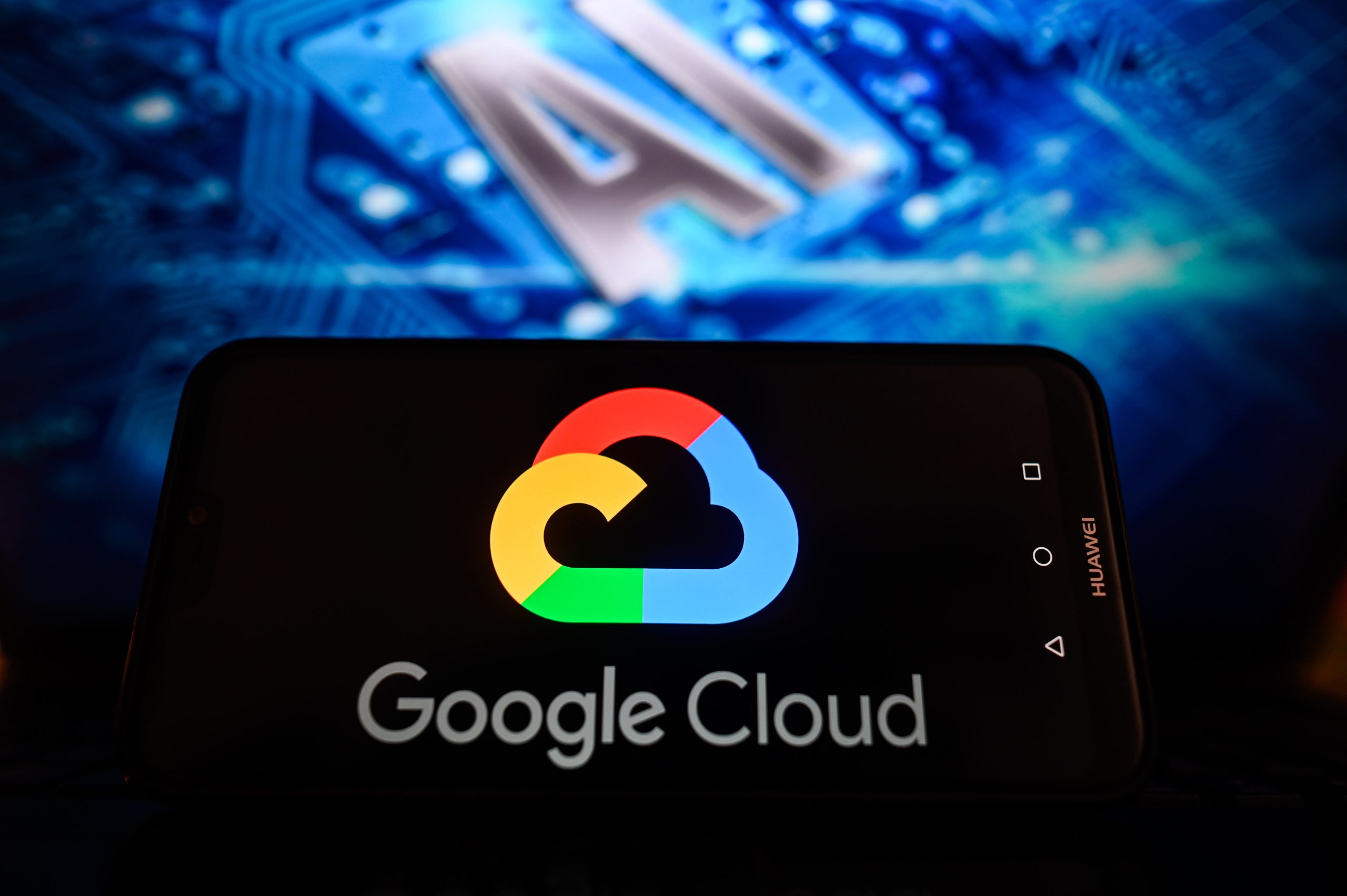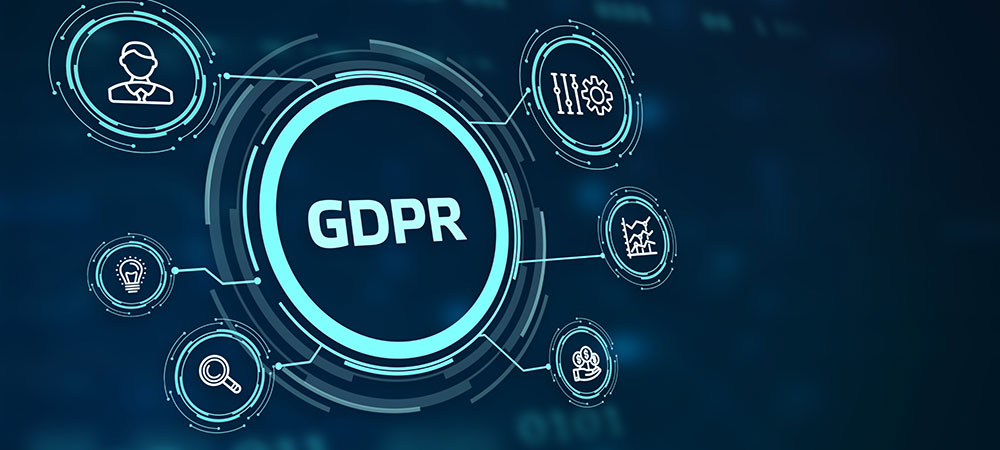
In a groundbreaking move, Elon Musk has initiated legal proceedings against OpenAI, along with its co-founders Sam Altman and Greg Brockman, and related entities. Musk alleges that the creators of ChatGPT have violated their original agreements by prioritizing profits over the non-profit’s core mission of developing AI for the betterment of humanity.
As a co-founder and early supporter of OpenAI, Musk asserts that Altman and Brockman persuaded him to establish and finance the startup in 2015 under the premise of it being a non-profit entity dedicated to countering the competitive threat from Google. According to Musk, the founding agreement mandated OpenAI to make its technology freely accessible to the public.
However, Musk’s lawsuit, filed in a San Francisco court, claims that OpenAI, now recognized as the world’s most valuable AI startup, has shifted towards a for-profit model focused on commercializing its AGI research, especially after its partnership with Microsoft. Musk alleges that OpenAI has become a closed-source subsidiary of Microsoft, developing AGI to maximize profits for the tech giant rather than benefiting humanity, thereby betraying the founding agreement.
Musk’s concerns about OpenAI’s change in direction have been brewing for some time. The lawsuit highlights Musk’s significant contributions of over $44 million to the non-profit between 2016 and 2020, making him its largest donor initially. Despite stepping down from OpenAI’s board in 2018, Musk has consistently opposed its transition to for-profit endeavors, even rejecting offers of ownership in its commercial arm.
The legal dispute revolves around OpenAI’s development of GPT-4, which Musk contends represents AGI, surpassing human intelligence. The lawsuit aims to compel OpenAI to uphold its original mission and refrain from monetizing technologies developed under the non-profit’s banner for the benefit of its executives or partners like Microsoft.
Furthermore, Musk seeks legal affirmation that advanced AI systems like GPT-4 transcend licensing agreements, constituting artificial general intelligence. Alongside injunctions compelling OpenAI’s compliance, Musk requests accounting and potential restitution of donations intended for public-interest research, should the court determine that OpenAI now operates for private gain.
The lawsuit also raises concerns about OpenAI’s governance, citing the formation of a new board lacking expertise in AI ethics and governance, unlike its predecessor. Musk contends that the reshaped board prioritizes profit-centric enterprises or politics over ethical considerations in AI development.
As Elon Musk’s legal battle unfolds against OpenAI, the outcome will undoubtedly shape the future trajectory of AI research and underscore the importance of ethical principles in technology development. Stay tuned for further updates as this pivotal dispute unfolds.
For more insights and updates, visit our KI Design blog here.
Stay connected with us on Twitter for the latest news and discussions.





